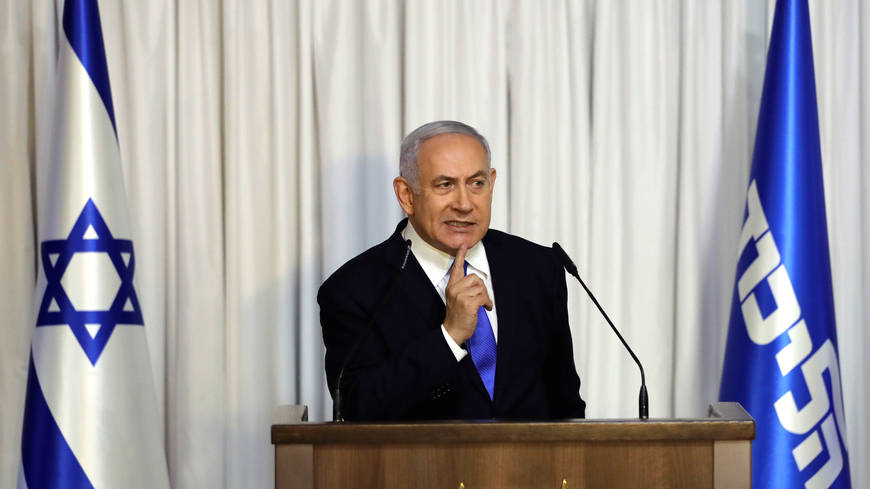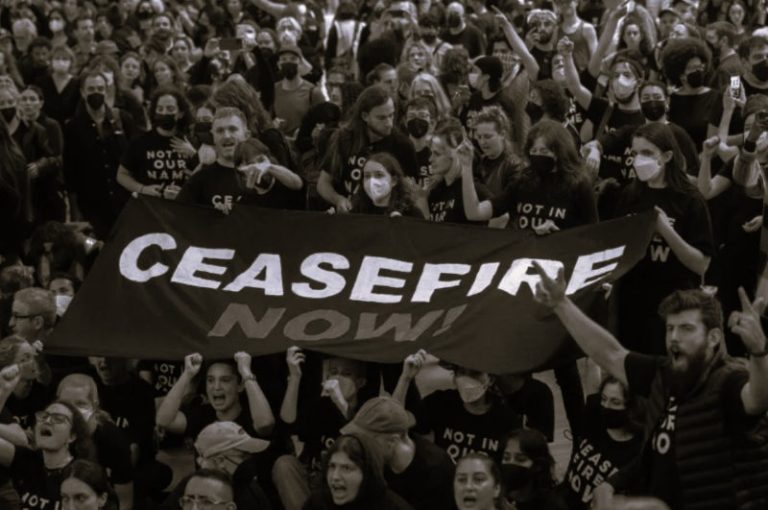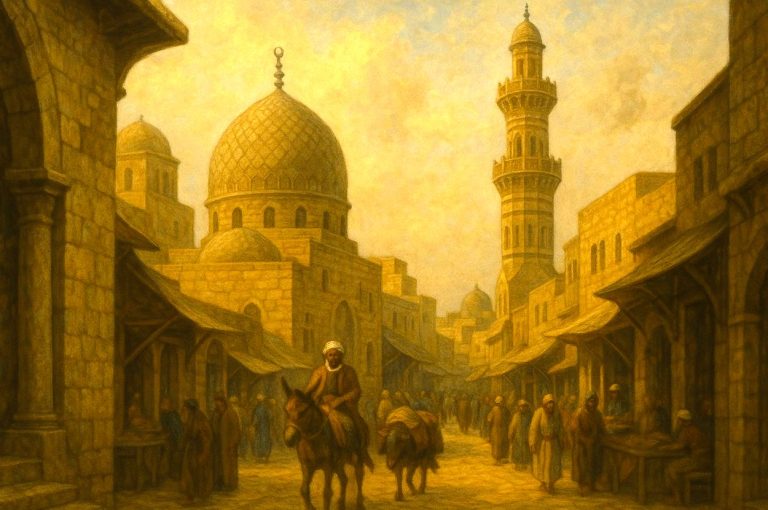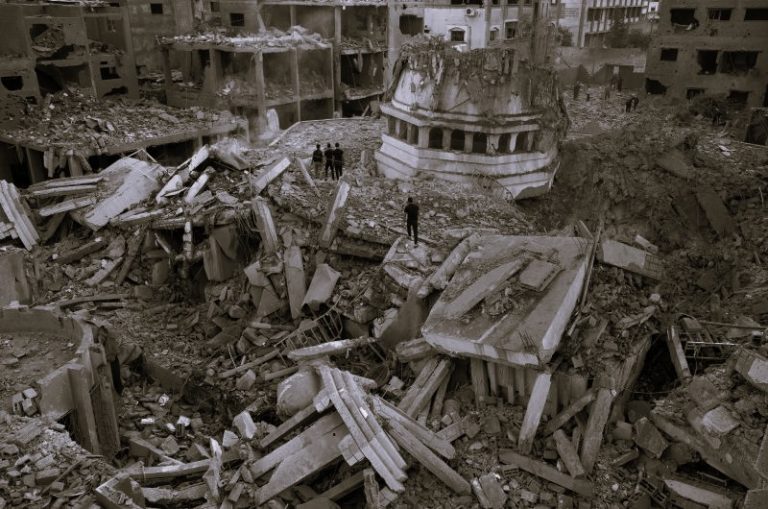
The longtime prime minister has reshaped Israel in profound ways. The military is stronger but Palestinian suffering has grown.

By Dr. David Mednicoff, J.D.
Director, Middle Eastern Studies
University of Massachusetts Amherst
The upcoming indictment of Israeli Prime Minister Benjamin Netanyahu could end the long-serving conservative politician’s career. But even an abrupt exit would leave his hawkish policies in the Middle East intact.
The most serious allegation the prime minister faces is that he arranged for a telecommunications company to get a lucrative break in exchange for favorable media coverage. He will be indicted for charges stemming from three distinct corruption investigations, the country’s attorney general recently announced.
Those legal woes are complicated by political tumult. With a national election coming in April, he was already under fire for agreeing to ally with a far-right and racist political party to retain a majority of seats for his party, the Likud, in Israel’s fragmented parliamentary system.
As a scholar of Middle Eastern politics, I think that whenever his political career ends Netanyahu will largely be remembered internationally for three things. These are stymieing the emergence of a Palestinian state, enhancing Israeli military strength and opposing Iranian power in the Middle East.
Distancing Palestinians
Netanyahu, known as “Bibi” to most Israelis, served as prime minister between 1996 and 1999. He returned to power a decade later. He began his first term as prime minister in 1996 with two main qualities – extensive U.S. experience and a record as a security hawk.
The first quality meant he understood American politics and interest groups well, an advantage for keeping and enhancing strong U.S. government support for Israel.
The second set him up for success in a country in which the army is a key – and revered – national institution.
Netanyahu pledged to avoid compromising with Palestinians in the West Bank and Gaza areas under Israeli military control since 1967, and he allowed rapid expansion of Jewish settlements in the West Bank. He rarely wavered from these two policies.
His party was voted out of power in 1999, but returned to power amid the Palestinian uprisings that began in 2000. After nearly a decade in and out of Likud government cabinets, he became prime minister again in 2009.
Among his most tangible legacies is the physical barrier now separating West Bank Palestinians from Israelis, which gives Israeli authorities great control over how West Bank Palestinians enter Israel.
The barrier has kept Israeli Jews from much contact with Palestinians other than during military service.
This physical separation and a strong Israeli military presence have decreased Palestinian attacks within Israel and increased misery in Palestinian-controlled areas.
His approach has minimized pressure on Jewish Israelis to make a final deal that would trade occupied land for broader peace. It has also deprived Palestinians of some basic liberties and opportunities, particularly in Gaza.
Originally published by The Conversation, 03.04.2019, under the terms of a Creative Commons Attribution/No derivatives license.



